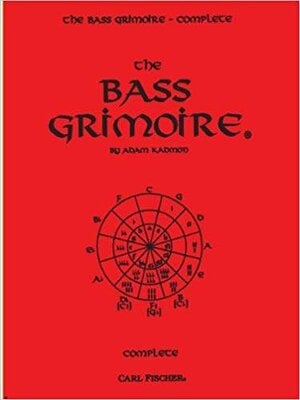since I've been called out
It's true that I used to discourage beginners wasting too much time on modes
Especially if they haven't yet learned how chords and harmonizing the major scale works (see link in my sig)
The question "If the notes are the same, why think about modes at all?" is an important one to find an answer for.
But, when I catch myself arguing for ignorance, I recall Anthony Wellington's words
"Knowing something is better than not knowing something"
So these days I say learn your modes, but don't pretzel your brain over their application.
There is plenty of application to be found in the Major scale itself. Modes are just a facet of it.
Yes, knowing Modes, is not(!) a bad thing.
Let's say, when one encounters the Emin7 chord in some chord progression, that knowledge of Harmony (which includes Modes also) provides the musician with some extra notes - is it E natural minor, is it E Dorian, is it E Phrygian, etc...
